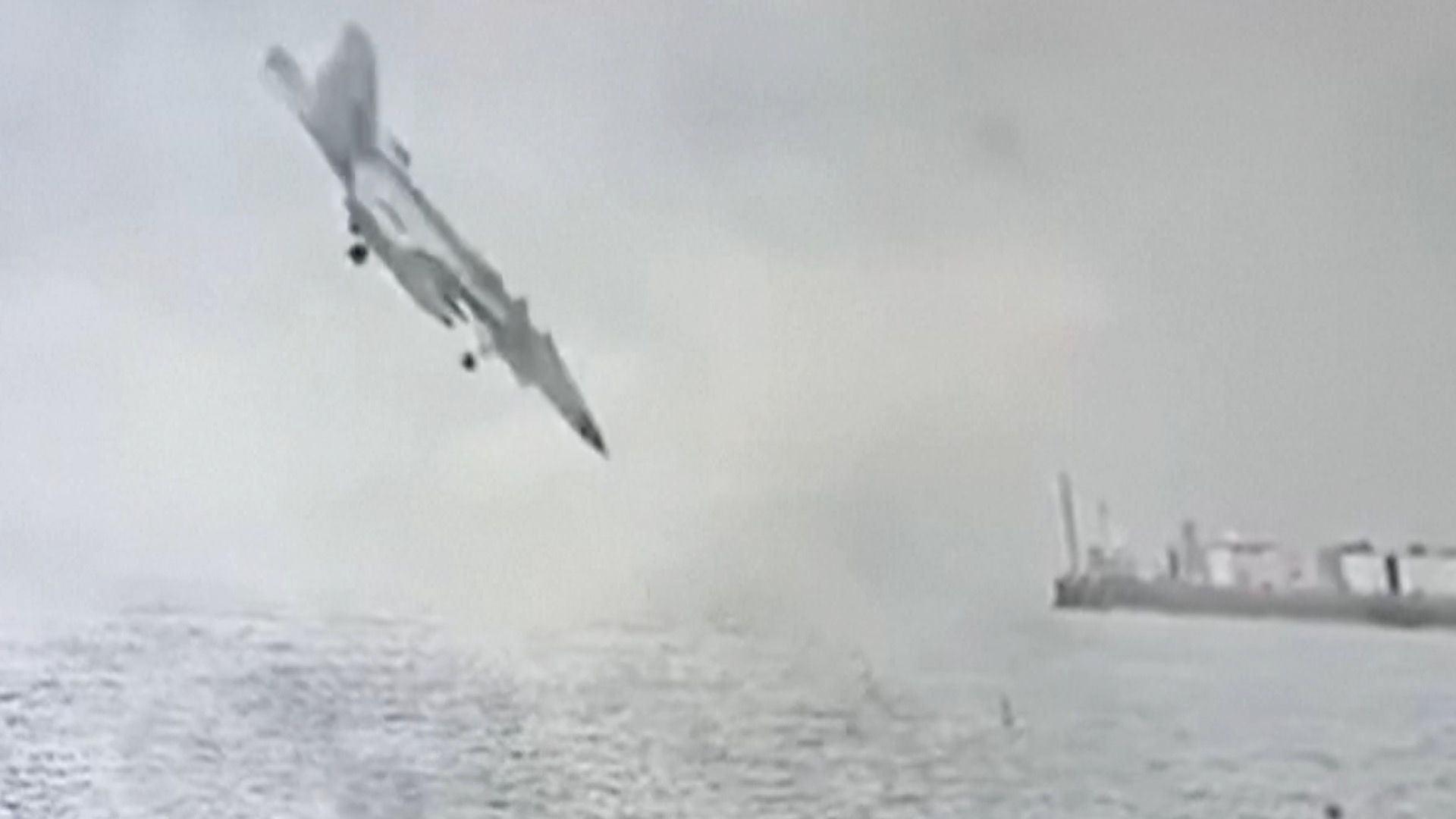
Introduction
The occurrence of fighter jet crashes poses significant safety concerns and raises questions about military protocols and operational readiness. With recent incidents reported globally, the importance of ensuring pilot safety and the integrity of military aviation is underscored. This article examines recent crashes, their implications, and the responses of various defence authorities.
Recent Incidents
In the past month, there have been several notable fighter jet crashes that have drawn attention from both military officials and the public. One of the most pronounced was an incident involving a Eurofighter Typhoon that crashed during a training exercise in Scotland on March 15, 2023. Fortunately, the pilot ejected safely, but the investigation is ongoing to determine the cause of the accident.
Similarly, on March 22, 2023, a U.S. Air Force F-16 fighter jet crashed into a field in Texas. Initial reports indicate that the aircraft experienced technical difficulties shortly after takeoff, leading to the emergency landing. Again, the pilot managed to eject safely before the crash, but the incident has prompted questions about the aircraft’s maintenance checks and operational protocols.
Implications on Military Operations
These incidents are not isolated, as fighter jet crashes have been a recurring theme in military aviation. Data from aviation safety organisations indicate a troubling trend in the frequency of such crashes in the last decade. Military analysts suggest that operational pressures, ageing fleets, and human factors are contributing to these safety issues.
In response, military forces are taking a proactive approach to evaluate pilot training programmes, maintenance routines, and safety protocols. The Air Force and Navy have initiated comprehensive reviews of their fighter jet programmes to address these critical concerns and enhance safety measures across all divisions.
Conclusion
Fighter jet crashes remain a critical issue for military aviation, emphasising the need for stringent safety protocols and comprehensive training for pilots. As defence authorities grapple with the causes of recent incidents, there is a significant push towards reforming existing measures to prevent future crashes. Ongoing investigations and improvements in military protocols will be vital to ensuring the safety of pilots and the reliability of aircraft. The future of military aviation may depend on the lessons learned from these tragic events, highlighting the paramount importance of safety in the skies.
You may also like

The Role of Metro Systems in Modern Cities

Costa Coffee’s Commitment to Sustainability in 2023
